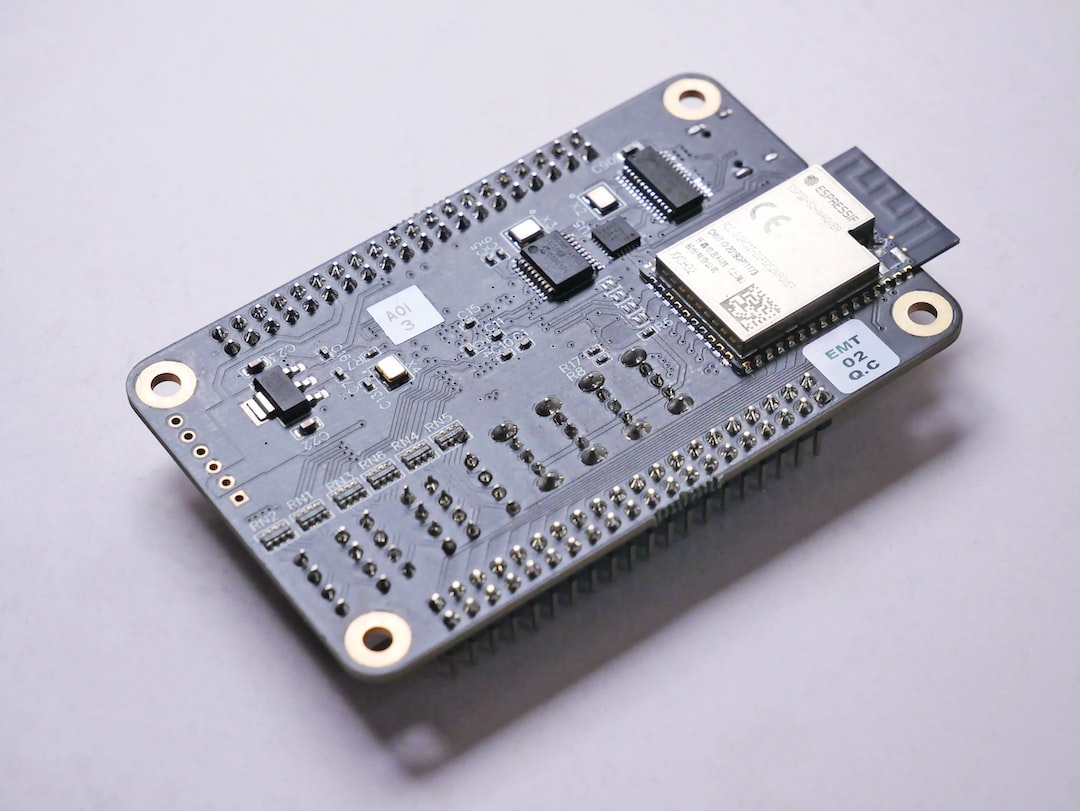The Internet of Things (IoT) has been transforming several industries, and manufacturing is no exception. With the integration of IoT technology, manufacturing processes have become more automated, efficient, and cost-effective. In this blog post, we will explore how the Internet of Things is revolutionizing the manufacturing sector.
One of the key advantages of IoT in manufacturing is the ability to collect and analyze vast amounts of data in real-time. By connecting various devices and machines, manufacturers gain valuable insights into their operations, enabling them to make informed decisions. For example, sensors embedded in equipment can provide data on temperature, pressure, and other variables that can help detect potential failures or inefficiencies. By identifying these issues early on, manufacturers can minimize downtime and reduce maintenance costs.
IoT technology also enables enhanced supply chain management. With IoT devices such as RFID tags and sensors, manufacturers can track inventory and monitor products throughout the supply chain. This real-time visibility helps streamline logistics, optimize inventory levels, and minimize losses due to spoilage or theft. Additionally, manufacturers can use the data collected from IoT devices to predict demand patterns, improve forecasting accuracy, and optimize production schedules accordingly.
Another area where the IoT is making significant strides in manufacturing is in quality control and product traceability. By incorporating IoT devices into the production process, manufacturers can track every step of the manufacturing process, from raw material sourcing to final product delivery. This enables them to identify any potential issues, such as defects or deviations from specifications, and take corrective measures promptly. Furthermore, in case of product recalls, the IoT allows manufacturers to trace the affected products quickly, minimizing the impact on consumers and the brand’s reputation.
IoT technology is also enabling the implementation of predictive maintenance strategies in manufacturing. By continuously monitoring equipment performance and collecting data on factors such as temperature, vibration, and energy consumption, manufacturers can predict when maintenance will be required and proactively schedule it. This approach eliminates the need for costly and disruptive emergency repairs, reduces downtime, and extends equipment lifespan.
Lastly, IoT is driving the implementation of smart factories. Smart factories leverage IoT technology, connectivity, and automation to optimize production processes. Machines and equipment can communicate with each other, automatically adjust settings, and coordinate tasks to maximize efficiency and minimize waste. This level of automation not only improves productivity but also enhances worker safety by eliminating the need for manual and potentially hazardous tasks.
In conclusion, the Internet of Things is revolutionizing the manufacturing sector by bringing automation, real-time data analysis, and connectivity to the production floor. With IoT devices and connectivity, manufacturers can optimize operations, enhance supply chain management, ensure product quality, implement predictive maintenance strategies, and embrace the concept of smart factories. As more manufacturers adopt IoT technology, the industry as a whole is becoming more efficient, competitive, and sustainable.

